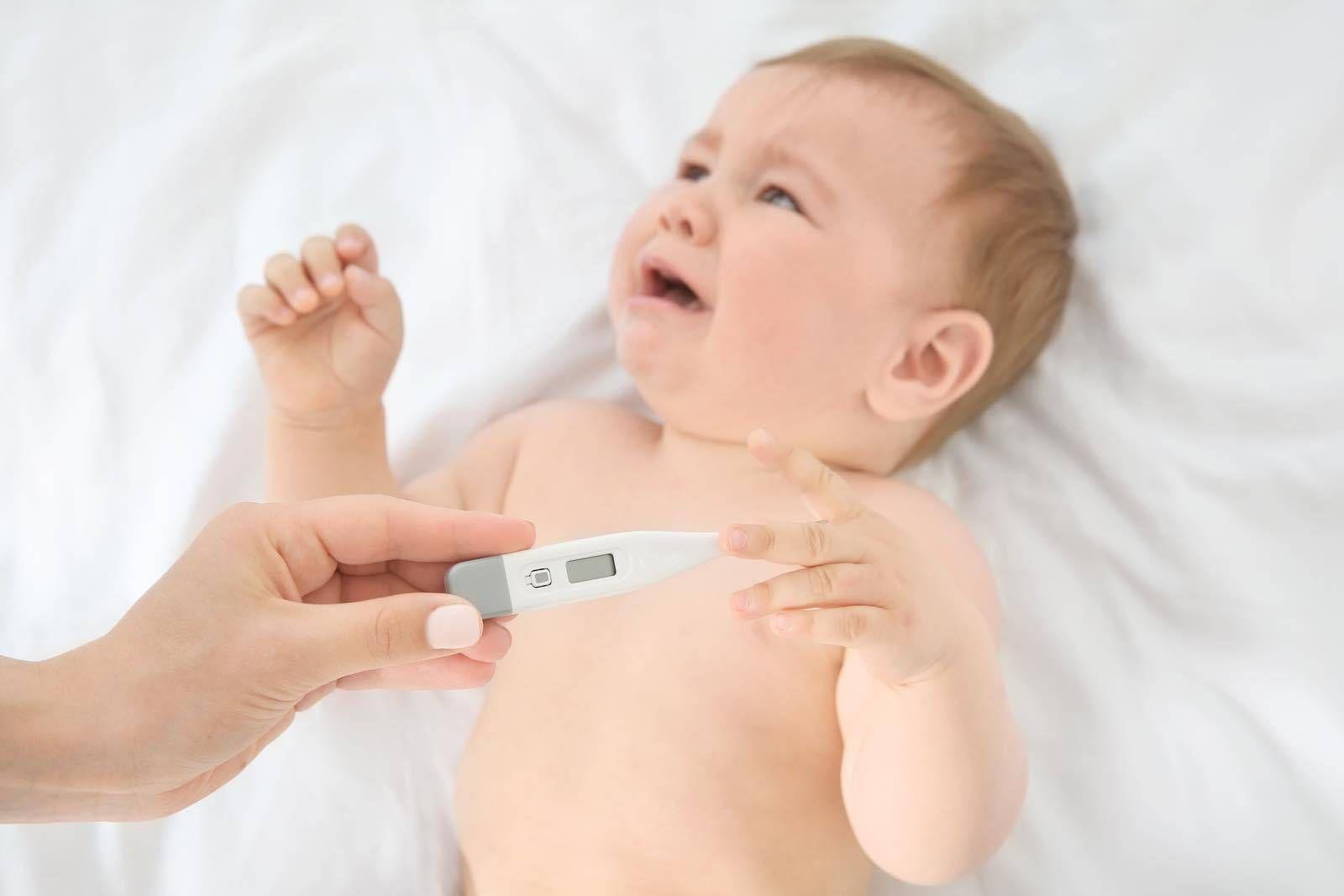BABY
How to Help Your Baby Through Cold & Flu Season
Practical tips to keep sneaky germs away!

Written by
Dr. Harvey Karp

SHARE THIS ARTICLE
PARENT PICKS
Bestsellers
BABY

Written by
Dr. Harvey Karp

SHARE THIS ARTICLE
Bestsellers
Cold and flu season is upon us, and it is time to get smart about protecting yourself and your baby. You will want to be extra careful from December to February, the peak time for illness.
Most people are surprised to learn that sickness is usually spread by you touching something (viruses live for many hours on counters, toys, escalator handrails, the tube, etc.) rather than by droplets in the air. Doorknobs, in fact, are crawling with germs. You enter the house, then unconsciously rub your eye or nose, and you may have just set yourself up…to get sick!
Here are a few practical tips to keep sneaky germs away from your precious baby.
But if your child does fall ill, you will want to make sure she gets the rest she needs to kick her cold quickly.
If your baby has a cold, then you’ll be able to tell by checking for the symptoms below.
If your baby has a cold with no complications, then it should take approximately 10-14 days to resolve. However, always check with your paediatrician for their recommendations.
Use any of the following to help your baby sleep more comfortably when they have a cold:
Disclaimer: The information on our site is NOT medical advice for any specific person or condition. It is only meant as general information. If you have any medical questions and concerns about your child or yourself, please contact your health provider. Breastmilk is the best source of nutrition for babies. It is important that, in preparation for and during breastfeeding, mothers eat a healthy, balanced diet. Combined breast- and bottle-feeding in the first weeks of life may reduce the supply of a mother's breastmilk and reversing the decision not to breastfeed is difficult. If you do decide to use infant formula, you should follow instructions carefully.